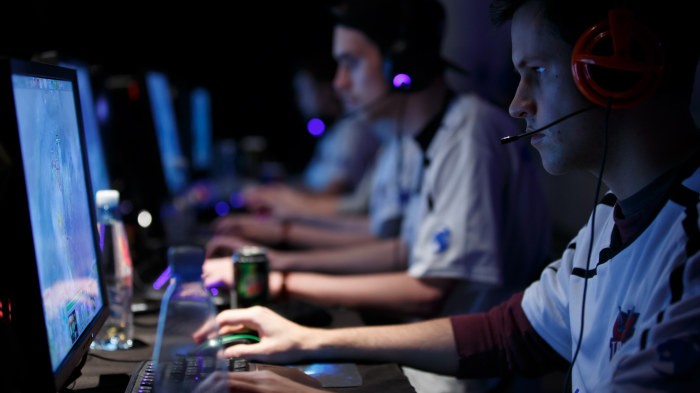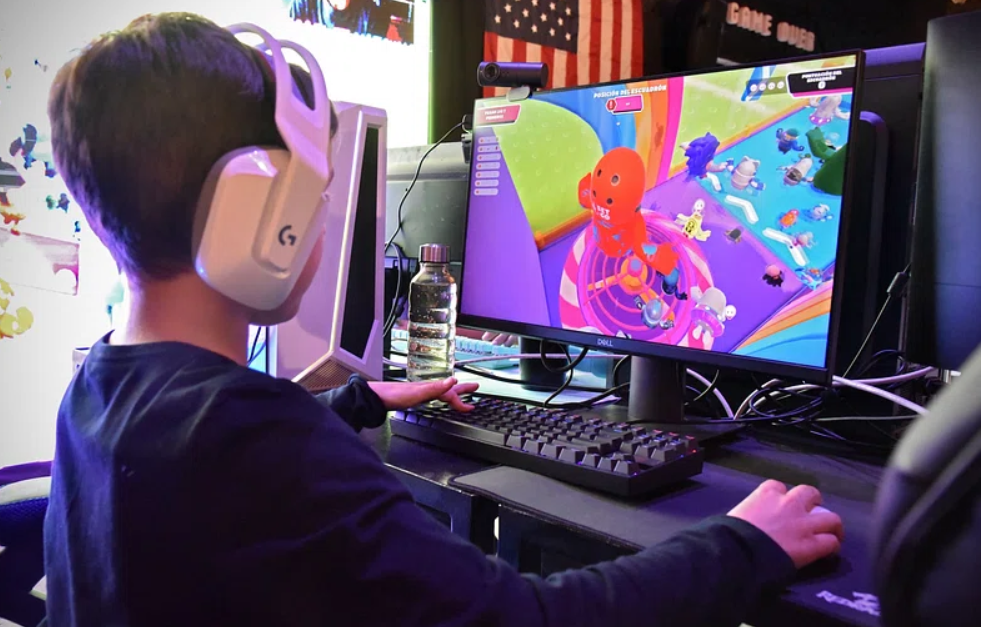Unlock the Ultimate Gaming Experience: Optimization Techniques for Your PC
- 2023-07-01 07:30
- 0
No matter the gaming universe you're engrossed in, whether it's the fast-paced world of first-person shooters or the strategic realms of RPGs, everyone can agree on one thing: the smoother the gaming experience, the better. It's frustrating when your gameplay is disrupted by lagging, freezing, or stuttering graphics, especially during those crucial gaming moments. By optimizing your PC, you can significantly boost your gaming experience. Here's how:
1. Keep Your PC Components Updated

Keeping your PC components updated is crucial to achieving the best gaming experience. This involves regularly updating your software, drivers, and operating system. Outdated drivers can lead to game crashes and performance issues, so it's essential to keep them up to date. Graphics card drivers, in particular, are crucial to game performance. Manufacturers often release driver updates to provide optimizations for new games and fix issues with existing ones.
Aside from drivers, it's also important to keep your operating system updated. Microsoft and other OS providers frequently release updates that fix bugs, improve system performance, and add new features. Some updates may even include optimizations specifically for gaming, so it's worth keeping your system up to date.
Finally, regularly updating your game software can also provide a performance boost. Game developers often release patches to fix bugs, improve performance, and add new content. By keeping your games updated, you can ensure you're getting the best possible gaming experience.
2. Optimize Your PC Settings
Optimizing your PC settings can also significantly improve your gaming performance. This includes settings within your operating system, graphics card software, and individual games. For example, in Windows, you can adjust your power settings for maximum performance. You can also disable unnecessary background processes that could be using up valuable system resources.
In your graphics card software, look for settings that can enhance game performance. This could include options to optimize texture quality, anti-aliasing, vertical sync, and other graphics settings. Remember that higher settings will require more system resources, so you may need to make compromises to get the best overall performance.
Within individual games, you can usually adjust the graphics settings to optimize performance. This might involve reducing the resolution, lowering the quality of textures and shadows, and disabling special effects. Again, you'll need to balance quality and performance to find the optimal settings for your system.
3. Upgrade Your Hardware

If you're still experiencing performance issues after optimizing your software and settings, it might be time to consider a hardware upgrade. This could involve upgrading your graphics card, adding more RAM, or getting a faster processor. Remember that gaming can be intensive on system resources, so it's worth investing in high-quality components.
When choosing components, consider the requirements of the games you want to play. More demanding games will require more powerful hardware, so it's worth doing your research to ensure your system can handle them. Remember that it's not just about raw power - the compatibility and balance of your components are also crucial.
Upgrading your storage can also improve game performance. Games load data from storage during play, so a faster storage device can reduce loading times. Consider getting an SSD if you don't already have one, as they are much faster than traditional hard drives.
4. Regularly Clean Your PC
Last but not least, regularly cleaning your PC can help optimize it for gaming. This includes both physical cleaning and digital cleaning. Physically cleaning your PC involves removing dust from your components, which can help them run cooler and more efficiently. Remember to be gentle and use appropriate tools to avoid damaging your components.
Digital cleaning involves removing unnecessary files from your system, uninstalling unused software, and defragmenting your hard drive. These tasks can free up valuable system resources and improve overall performance. Consider using a dedicated system cleaning tool to make this process easier.
In conclusion, optimizing your PC for gaming involves a combination of regular updates, setting adjustments, hardware upgrades, and regular cleaning. By following these steps, you can enhance your gaming experience and get the most out of your games. Remember that optimization is an ongoing process, so it's worth taking the time to regularly check and adjust your settings for the best results.






Leave a comment
Your comment is awaiting moderation. We save your draft here
1 Comments
Your reply is awaiting moderation. We save your draft here